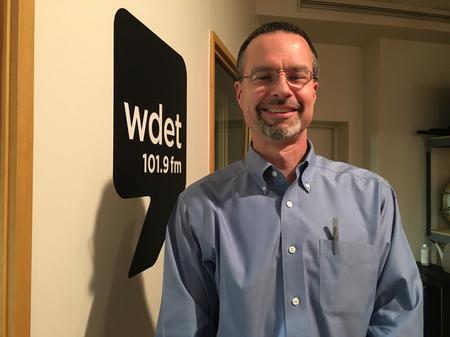Financial Stress Increasing For Michigan Cities, Towns, and Counties
CLOSUP Director Tom Ivacako calls it an “early warning sign” for locals’ fiscal health.


For the first time since the Great Recession, fewer cities, towns, and counties in Michigan say they’re better able to meet their financial needs.
The University of Michigan’s Center for Local, State, and Urban Policy (CLOSUP) surveyed local leaders on their fiscal health.
CLOSUP Administrator Tom Ivacko tells WDET’s Jake Neher it’s an alarming change in direction.
“That’s kind of an early warning sign to us,” says Ivacko.
31 percent of Michigan local governments report that they are now better able to meet their fiscal needs, down from 38 percent in 2015.
Conversely, 22 percent say they are less able to meet their needs this year, which is up from 20 percent last year.
“Overall, it’s still the case that more jurisdictions are doing better than doing worse,” says Ivacko. “The numbers are still more positive than negative… but the trend has kind of started to reverse course.”
One of the more jarring findings, Ivacko says, is that 19 percent of county officials rate their fiscal stress as high, which is up sharply from three percent last year.
Ivacko hopes the findings will help spark a conversation at the state Capitol about revisiting the state’s revenue sharing and local government funding models.
“Especially for state policymakers in Lansing, I think there’s a discussion that needs to happen here about how Michigan’s local governments are funded,” he says.
To hear the full conversation, click on the audio player above. And click here to view the full CLOSUP report.
